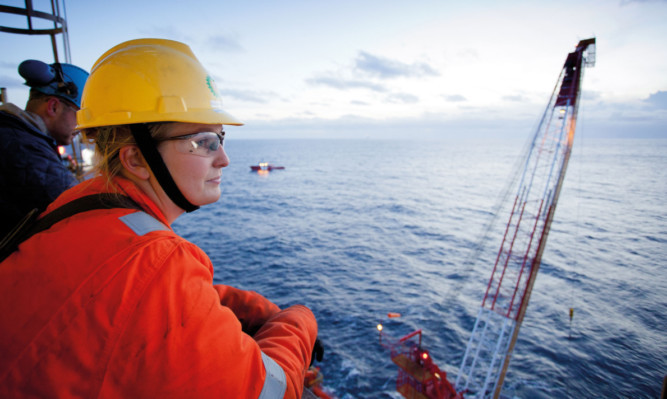British oil giant BP has warned that further economic sanctions on Russia could cause considerable harm to the company’s prospects in the country.
The group used its second-quarter and interim results to warn shareholders that action against Moscow following the apparent downing of Malaysian Airlines flight MH17 over the eastern Ukraine could hit returns.
BP owns a 19.75% stake in Russian oil firm Rosneft, which remains the subject of sanctions preventing it from using US financial institutions for new loans over a period longer than 90 days, and has high hopes for future partnership.
In May, watched by president Vladimir Putin, the two firms signed a deal on a joint pilot project for the Domanik area in central Russia’s Volga-Urals region.
If the scheme proves successful it could lead to development of what is thought to be a significant unconventional hydrocarbon resource, though no estimates have been published by either party.
In all, it is estimated that Russia’s shale oil deposits could run to 75 billion barrels.
“Any future erosion of our relationship with Rosneft, or the impact of further economic sanctions, could adversely impact our business and strategic objectives in Russia, the level of our income, production and reserves, our investment in Rosneft and our reputation,” the group said in its risk register.
In its second-quarter results, BP said further international sanctions on Rosneft or on Russia could have a “material adverse impact” on its investment in Rosneft, its business in Russia and its own financial position.
Replacement cost profit for the quarter to June 30 reached $3.18 billion, up by a third on the same period a year earlier but down 8% on the previous quarter.
Production was 3% higher on an underlying basis, but BP warned that output in the current quarter is expected to be lower, primarily due to planned maintenance activities in Alaska and the Gulf of Mexico.
The investment in Rosneft, which is Russia’s biggest oil producer, was a factor in the improved performance by BP as earnings from the relationship nearly doubled to just above $1bn in the second quarter.
The company also continues to grapple with the cost of the Gulf of Mexico oil disaster in 2010, which left 11 workers dead and sparked the worst oil spill in US history. The total charge recognised to date stands at $43bn, while BP continues to contest the terms of claims from business owners in the American south through the courts.
It restated it warning that there could be no certainty over the final cost of the disaster.
Richard Hunter, head of equities at Hargreaves Lansdown Stockbrokers, said another solid quarter from the company “underlined BP’s status as a stock which is well on the way to recovery”.
However, he warned that the remaining liabilities from the Gulf of Mexico spill were not totally clear, and that the company’s outlook for the current quarter was less positive given planned maintenance activities.
“The real sting in the tail could come from BP’s 20% stake in Rosneft, depending on the severity of any further sanctions imposed on Russia,” he added.
Shares rose 1% in early trading but closed the day down 2.54% or 12.60p at 484.25p.
